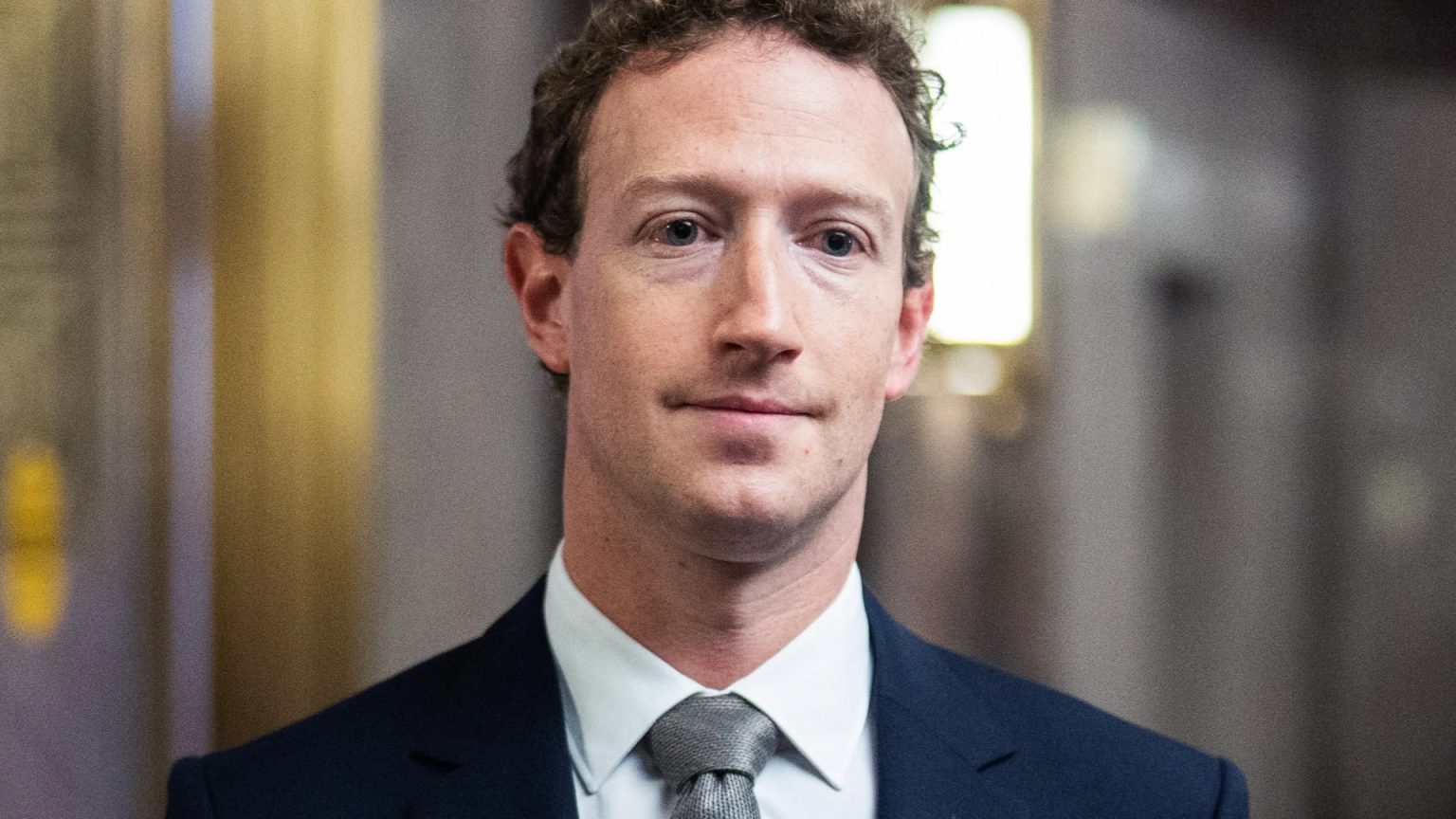Mark Zuckerberg, CEO of Meta, the parent company of Facebook and Instagram, is poised to revolutionize the platforms’ content moderation strategies by abandoning its current fact-checking program. This program, which relies on independent third-party moderators, is set to be replaced by a community-driven system similar to the one employed by X (formerly Twitter), now owned by Elon Musk. This shift signals a significant departure from Meta’s previous approach and reflects a broader trend in social media towards prioritizing free speech, even at the potential cost of increased misinformation.
Zuckerberg’s decision stems from his belief that the current fact-checking system has become overly politicized and has eroded trust rather than fostering it. He argues that while the new system might allow more misinformation to slip through the cracks, it will also prevent the accidental removal of legitimate content and accounts. This move towards user-empowerment in content moderation aligns with the growing sentiment that centralized fact-checking can be susceptible to bias and censorship. Zuckerberg’s announcement comes amidst a perceived cultural shift prioritizing free speech, further fueled by the recent election results.
The change also mirrors the approach adopted by Elon Musk at X, where users can contribute “community notes” to provide context or refute potentially misleading posts. This decentralized model relies on the collective wisdom of the user base to identify and flag misinformation. While this approach has its merits, critics raise concerns about its potential vulnerability to manipulation and the spread of inaccurate or biased information. The effectiveness of such a system hinges on the active participation and critical thinking skills of the user base.
The timing of Zuckerberg’s announcement is noteworthy, occurring shortly after the presidential election and coinciding with a perceived rapprochement between Zuckerberg and the president-elect, Donald Trump. Musk, who has cultivated a close relationship with Trump, recently secured a position in the incoming administration. Trump has publicly praised Meta’s decision, further fueling speculation about a potential alliance between the tech giants and the new administration. This evolving relationship raises questions about the potential influence of political figures on social media platforms and content moderation policies.
The addition of UFC president Dana White, a close friend of Trump, to Meta’s board of directors further underscores the company’s shifting political landscape. White’s appointment, coupled with Zuckerberg’s decision to overhaul content moderation, suggests a deliberate effort to align Meta with the incoming administration’s priorities. These developments raise concerns about the potential blurring of lines between social media platforms, political influence, and the dissemination of information.
Journalism organizations, such as the Society of Editors, have expressed concerns about the implications of Meta’s decision. They emphasize the crucial role of professional journalists in verifying information and holding power to account, particularly in an environment where misinformation can rapidly proliferate. They argue that fact-checking requires expertise, context, and independence, qualities that are not always guaranteed in a decentralized, user-driven model. The shift towards community-based moderation raises questions about the future of fact-checking and the potential for increased misinformation in the online sphere. The long-term consequences of this move remain to be seen, and its impact on the spread of misinformation and the integrity of online information will be a crucial area of observation.


